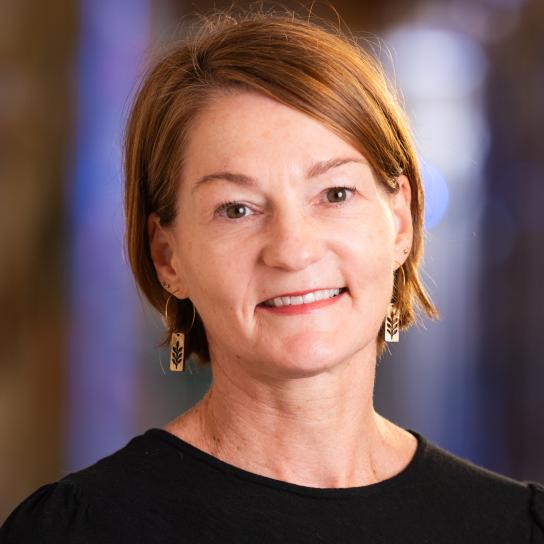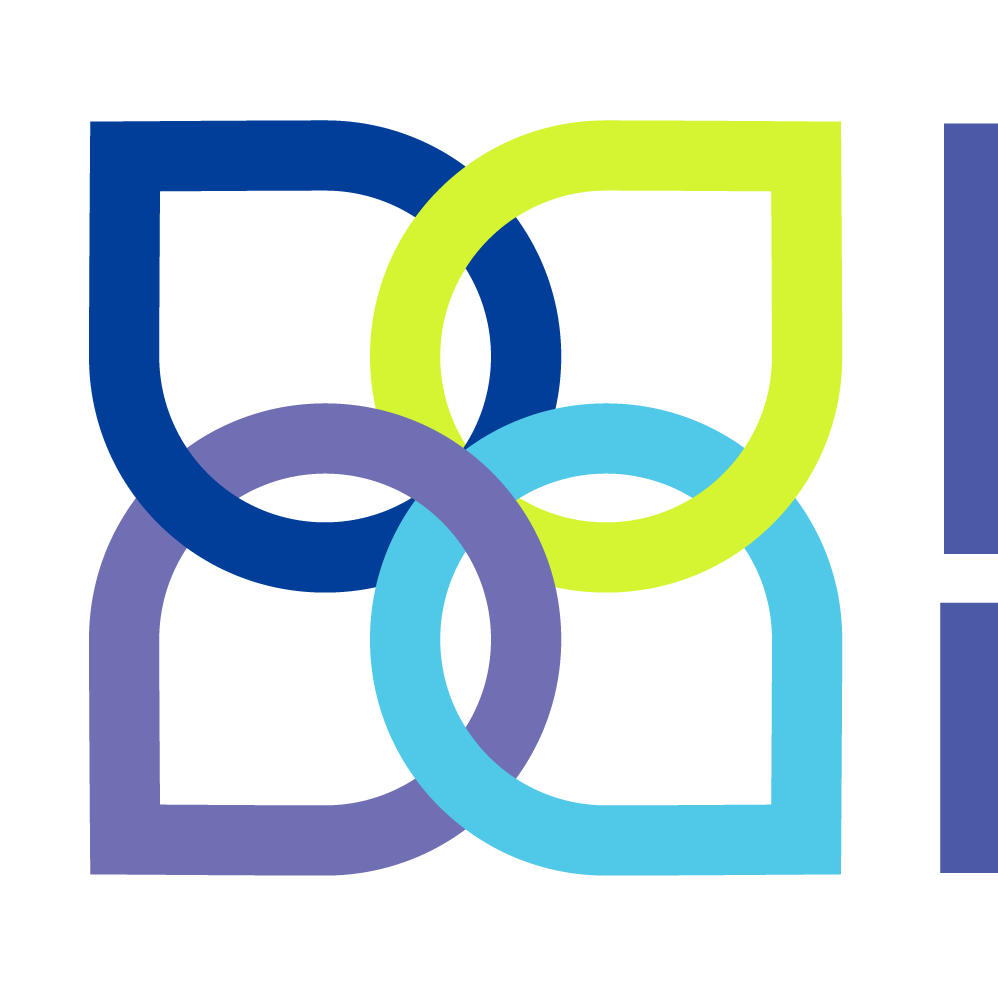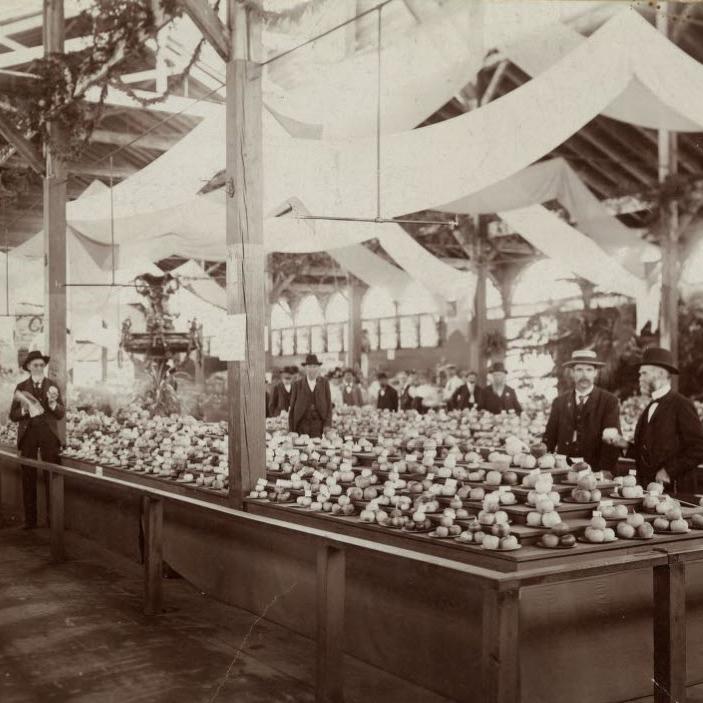by Beth Staats
Quick Summary
Staff from O&I and DIME presented at and attended the virtual Minnesota Learning Commons (MnLC) Summit on Learning and Technology. The Summit program was geared toward anyone with an interest in PreK-12 and post-secondary education and how technology and the economy are creating change in our education systems.

Staff from O&I and DIME presented at and attended the virtual Minesota Learning Commons (MnLC) Summit on Learning and Technology. The Summit program was geared toward anyone with an interest in PreK-12 and post-secondary education and how technology and the economy are creating change in our education systems.
Keynote speakers Senenge Andzenge and Stephen Kelly kicked off the morning with a conversation and storytelling session about the 60 Year Curriculum. The MNLC read and discussed themes of the 60 Year Curriculum over the course of the year, and Stephen and Senenge illustrated its messages of lifelong learning, flexibility, creativity, and readiness for occupational change and transition in their engaging keynote presentation.
Ann Kaste and Beth Staats presented Minitex OER, Open Access, and Affordable Content. This session highlighted the Minitex programs and services that offer free and discounted content to Minnesota residents and libraries. These include eLibrary MN, Ebooks MN, interlibrary loan and document delivery services, the Minnesota Libraries Publishing Project, as well as Cooperative Purchasing for libraries and schools.
DIME staff, Greta Bahnemann, Molly Huber, and Sara Ring, gave a presentation on The Value of Traditional Knowledge Lables in Digital Collections. TK Labels are a way to assist Indigenous communities in the management of their intellectual property and cultural heritage - specifically within the digital environment. TK Labels identify and clarify community-specific rules and responsibilities regarding access and future use of traditional knowledge. They gave an overview of the labels and how they are used, and then shared information about plans to work with tribal nations in Minnesota and the Dakotas to get them implemented for Native American content in the Minnesota Digital Library.


